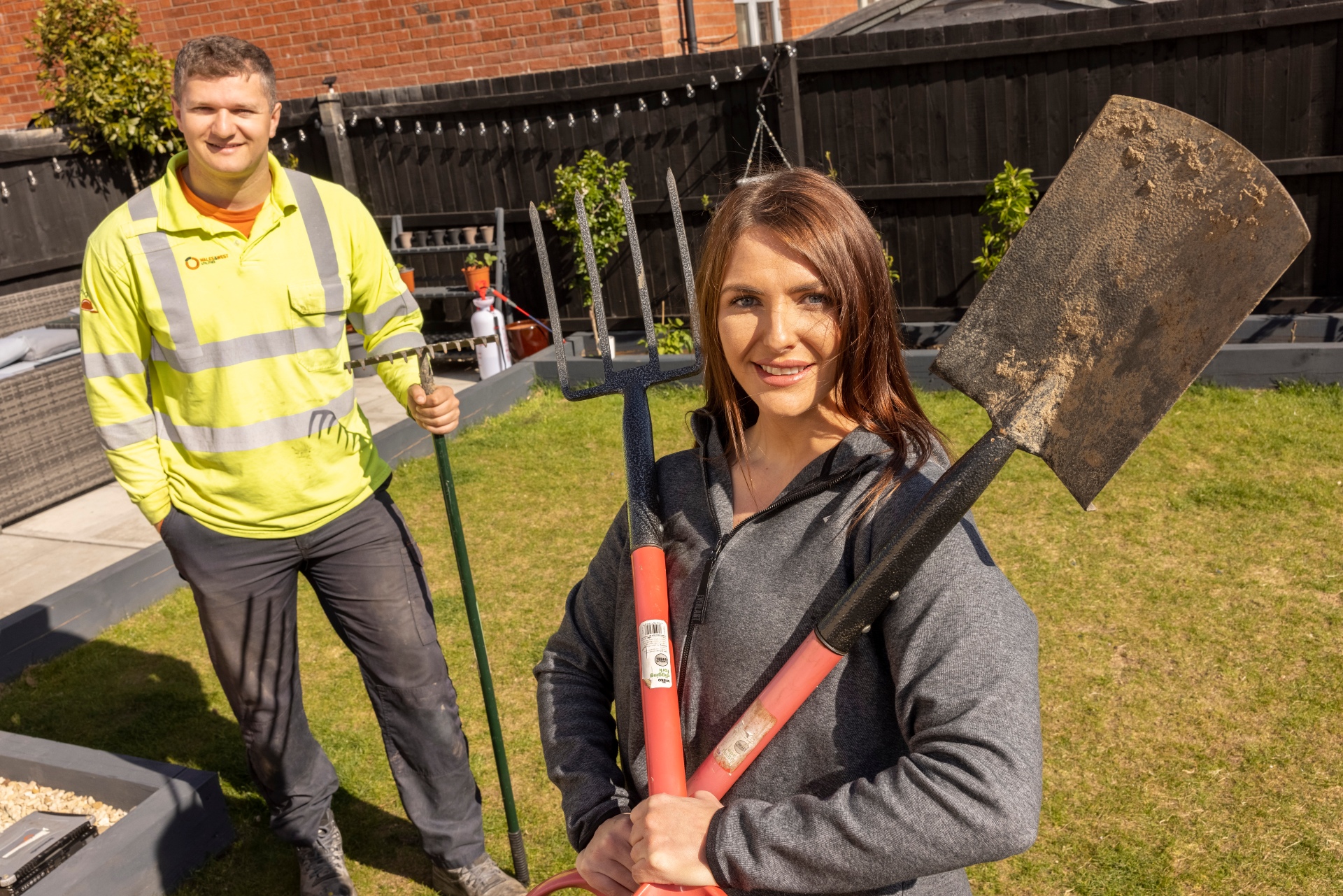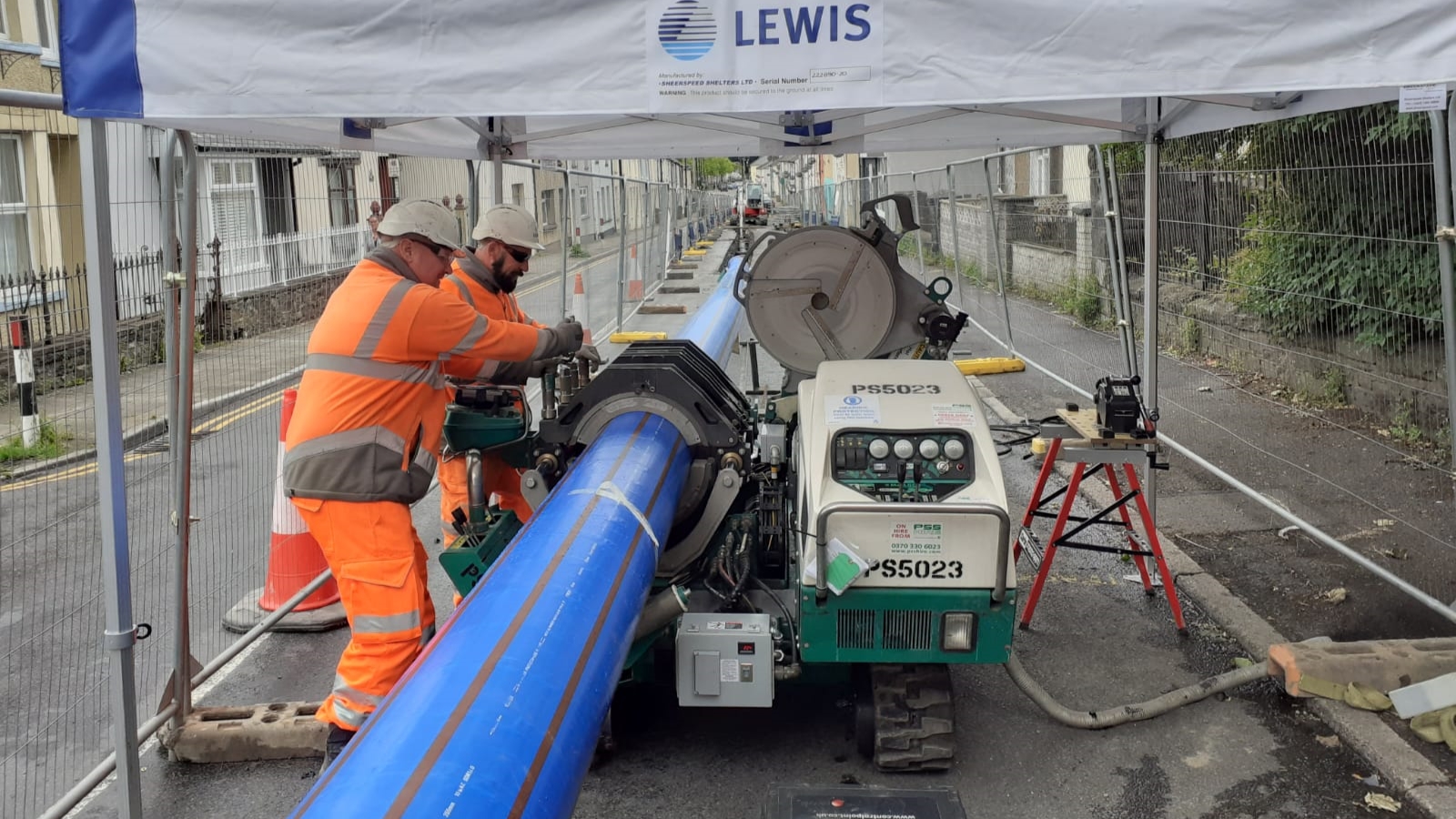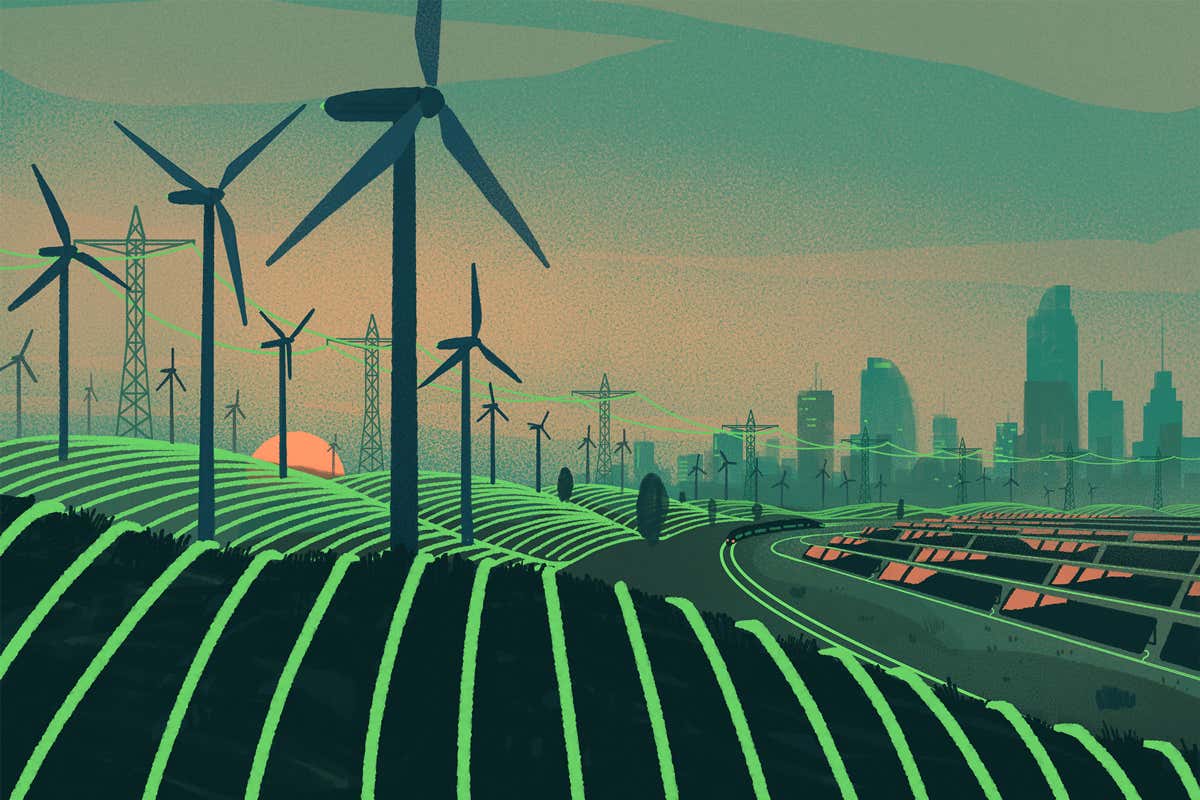Off grid living Wales is gaining traction, attracting those seeking self-sufficiency and a simpler life. This burgeoning movement presents unique challenges and opportunities, shaped by Wales’s distinct geography, climate, and legal framework. From navigating planning permissions to harnessing renewable energy sources, the path to off-grid living in Wales requires careful planning and a deep understanding of the local context.
This exploration delves into the practicalities, legalities, and social implications of embracing this lifestyle in the heart of Wales.
This article examines the various facets of off-grid living in Wales, covering everything from the legal requirements for building and living off-grid to the practicalities of sourcing sustainable resources and managing waste. We will also explore the social aspects of off-grid communities, the financial considerations, and the environmental impact of this increasingly popular lifestyle choice. The aim is to provide a comprehensive overview for anyone considering this significant life change.
Legalities and Regulations of Off-Grid Living in Wales
Aspiring off-grid dwellers in Wales face a complex regulatory landscape. Successfully establishing an off-grid existence requires careful navigation of planning permission, building regulations, and environmental legislation. Failure to comply can lead to enforcement action, including fines and demolition orders. This necessitates thorough research and potentially professional legal and planning advice.
Planning Permission for Off-Grid Dwellings
Planning permission is generally required for any new building, including off-grid dwellings, in Wales. The process involves submitting a detailed application to the local planning authority, demonstrating compliance with local development plans and national planning policies. Factors considered include the impact on the landscape, ecology, and local infrastructure. Applications for off-grid homes often face stricter scrutiny due to concerns about access to services and potential environmental impact.
The likelihood of approval depends heavily on the specific location, design of the dwelling, and the proposed methods of water supply, waste disposal, and energy generation. Appealing a refusal can be a lengthy and costly process.
Do not overlook the opportunity to discover more about the subject of hawaii off grid living.
Building Regulations for Off-Grid Structures
Even without planning permission (in very rare and specific circumstances), building regulations must be met for any structure intended for human habitation. These regulations cover crucial aspects of safety, including structural stability, fire safety, and sanitation. Off-grid dwellings must demonstrate compliance with these regulations, regardless of their size or location. This may necessitate innovative solutions for water, sanitation, and energy, which require careful planning and detailed documentation to satisfy building inspectors.
Non-compliance can result in stop work orders and subsequent penalties.
Legal Challenges and Obstacles for Off-Grid Dwellers
Several potential legal challenges confront those seeking an off-grid lifestyle in Wales. Securing access to land suitable for off-grid living can be difficult, often requiring negotiation with landowners or purchasing land at a premium. Ensuring access to water, managing wastewater effectively, and obtaining legal permission for alternative energy sources (such as wind turbines or solar panels) are other common hurdles.
Furthermore, the absence of mains services can complicate insurance arrangements and potentially impact property value. The burden of proof for compliance rests firmly on the off-grid dweller.
Comparison with Other UK Regions
While the fundamental principles of planning permission and building regulations are consistent across the UK, specific requirements and enforcement practices can vary between regions. Compared to England, Wales often has stricter regulations regarding environmental protection and landscape preservation, potentially leading to a more challenging planning process for off-grid projects. Scotland and Northern Ireland also have their own distinct planning systems, though the core concerns regarding safety and environmental impact remain common across the UK.
The degree of local authority discretion in interpreting and enforcing regulations adds further complexity to the comparison.
Key Legal Aspects of Off-Grid Living in Wales
| Requirement | Description | Legal Basis | Penalty for Non-Compliance |
|---|---|---|---|
| Planning Permission | Required for most new buildings, including off-grid dwellings. | Town and Country Planning Act 1990 | Enforcement notice, stop work order, fines |
| Building Regulations | Compliance with safety standards for habitable structures. | Building Regulations 2010 (as amended) | Stop work order, fines, potential demolition |
| Water Supply | Safe and sufficient water supply must be secured. | Various legislation, including Water Resources Act 1991 | Prosecution, fines, potential disconnection |
| Wastewater Disposal | Appropriate and environmentally sound wastewater treatment. | Environmental Protection Act 1990 | Prosecution, fines, remediation orders |
Community and Social Aspects of Off-Grid Living in Wales
Off-grid living in Wales presents a unique blend of self-sufficiency and community interaction. While the pursuit of independence is central to this lifestyle, the social dynamics and support networks within and around off-grid communities play a crucial role in their success and sustainability. The Welsh landscape, with its dispersed settlements and strong sense of local identity, provides a fertile ground for exploring these interwoven aspects of off-grid existence.
Social Dynamics and Support Networks within Off-Grid Communities
The social fabric of off-grid communities in Wales is often characterized by a strong emphasis on mutual aid and shared resources. While geographically dispersed, these communities often rely on informal networks of support, built upon trust and shared values. Individuals might assist each other with repairs, skill-sharing (e.g., carpentry, plumbing), and even childcare. This collaborative spirit is essential for overcoming the challenges inherent in off-grid living, particularly in the face of unexpected events or equipment failures.
Online forums and local gatherings also play a vital role in connecting off-grid dwellers, facilitating the exchange of information and fostering a sense of belonging.
Challenges and Benefits of Integrating into Existing Rural Communities
Integrating into existing rural communities while maintaining an off-grid lifestyle presents both challenges and opportunities. Challenges can include navigating differing perspectives on land use, waste management, and energy production. Some rural communities might view off-grid practices with skepticism, particularly if they deviate significantly from established norms. Conversely, the benefits of integration can be substantial. Access to local markets for selling surplus produce, participation in community events, and the potential for collaborative projects (e.g., community-owned renewable energy schemes) can significantly enhance the quality of life for off-grid residents.
Potential for Collaboration and Resource Sharing, Off grid living wales
The potential for collaboration and resource sharing among off-grid dwellers in Wales is considerable. Shared infrastructure, such as community-owned workshops or repair facilities, could reduce individual costs and promote skill development. Collective purchasing of materials and equipment can also yield significant economies of scale. Moreover, collaboration on renewable energy projects, such as shared wind turbines or solar arrays, can provide a sustainable and cost-effective energy solution for multiple households.
Such initiatives foster a sense of shared responsibility and strengthen community bonds.
Common Concerns and Misconceptions about Off-Grid Living in Wales
Common concerns surrounding off-grid living in Wales often revolve around isolation, lack of access to essential services, and the perceived difficulty of maintaining a sustainable lifestyle. Misconceptions frequently include the belief that off-grid living is solely for experienced survivalists or that it necessitates complete self-sufficiency. In reality, many off-grid residents maintain some level of connection to the wider community, leveraging access to services while minimizing their reliance on centralized infrastructure.
A typical day for an off-grid resident in Wales might begin with collecting rainwater for the day’s needs, followed by tending to the vegetable garden and livestock. The morning might be spent working on a personal project, such as carpentry or repairs, perhaps followed by a visit to the local farmers market to exchange goods or socialize with neighbours. The afternoon could be dedicated to maintaining the off-grid systems, checking solar panels, or processing firewood for the evening. Evenings often involve quiet time, reading, or engaging in online forums with other off-grid residents, before settling down by the wood-burning stove.
Environmental Impact and Sustainability of Off-Grid Living in Wales: Off Grid Living Wales

Off-grid living in Wales presents a unique opportunity to explore a more sustainable lifestyle, minimizing reliance on centralized energy and resource systems. However, a nuanced understanding of both the benefits and potential drawbacks is crucial to ensure truly environmentally responsible practices. This section examines the environmental impact of off-grid living, comparing it to traditional lifestyles and outlining strategies for mitigation and responsible resource management.
Environmental Benefits of Off-Grid Living in Wales
Compared to traditional homes reliant on the national grid, off-grid dwellings in Wales can significantly reduce carbon emissions. The elimination of electricity generated from fossil fuels, often a significant contributor to a household’s carbon footprint, is a major advantage. Furthermore, reliance on renewable energy sources like solar, wind, and hydro power, readily available in various parts of Wales, drastically lowers the environmental impact.
Reduced reliance on transportation for goods and services, particularly if the off-grid dwelling is self-sufficient in food production, further contributes to this reduction. The use of locally sourced, sustainable building materials also minimizes embodied carbon. For example, a home built using locally harvested timber and natural insulation materials will have a lower carbon footprint than one constructed with imported materials and energy-intensive manufacturing processes.
Potential Environmental Drawbacks of Off-Grid Living and Mitigation Strategies
While offering significant environmental benefits, off-grid living also presents potential drawbacks. Improperly managed waste disposal can contaminate soil and water sources. The use of untreated greywater can also pose risks to the environment. However, these issues can be effectively mitigated through the implementation of appropriate waste management systems, such as composting toilets and greywater recycling systems. Careful site selection, considering factors such as proximity to water sources and potential for soil erosion, is also crucial.
Furthermore, responsible sourcing of materials and energy is paramount to avoid shifting environmental burdens elsewhere. For example, ensuring that solar panels are ethically sourced and disposed of responsibly minimizes the life-cycle environmental impact.
Minimizing Environmental Impact Through Responsible Resource Management
Minimizing the environmental impact of off-grid living hinges on responsible resource management. This involves careful consideration of water usage, waste management, and energy consumption. Rainwater harvesting systems can significantly reduce reliance on mains water, while composting toilets and greywater recycling systems eliminate the need for conventional sewage systems. Energy efficiency is key; this includes proper insulation, the use of energy-efficient appliances, and strategic placement of buildings to maximize solar gain and minimize heat loss.
Choosing energy sources with minimal environmental impact, such as solar PV or small-scale hydro, is also crucial. Careful planning and design, considering the specific environmental context of the location, are essential for successful mitigation.
Carbon Footprint Comparison: Off-Grid vs. Conventional Home in Wales
A detailed comparison requires specific data on individual homes, but generally, an off-grid home in Wales, powered by renewable sources and incorporating energy-efficient design, will have a significantly lower carbon footprint than a conventional home connected to the national grid. A study comparing energy consumption of a typical Welsh home using mains electricity and gas heating to a similar-sized off-grid home using solar PV, wind power and wood-burning stove for heating might reveal a difference of 50% or more in annual carbon emissions.
The specifics will depend on factors such as home size, energy efficiency, and the mix of renewable energy sources used.
Sustainable Off-Grid Garden Design for the Welsh Climate
A sustainable off-grid garden in Wales must adapt to the region’s specific climate. This includes selecting hardy, native plant species that thrive in the often wet and windy conditions. A polytunnel or greenhouse can extend the growing season, allowing for the cultivation of a wider variety of vegetables and fruits. The garden should incorporate water-efficient irrigation techniques, such as rainwater harvesting and drip irrigation.
Composting is essential for creating nutrient-rich soil, reducing the need for external inputs. The use of companion planting can deter pests and enhance growth, further minimizing the need for chemical pesticides or fertilizers. The garden design should also consider windbreaks to protect plants from strong winds, and raised beds to improve drainage in wet conditions. A well-planned off-grid garden can provide a significant portion of a household’s food needs, reducing reliance on external food systems and their associated environmental impacts.
Embarking on off-grid living in Wales demands thorough preparation, resourcefulness, and a commitment to sustainable practices. While challenges exist, the rewards – a closer connection to nature, greater self-reliance, and a reduced environmental footprint – are compelling for many. By carefully navigating the legal landscape, securing sustainable resources, and engaging with the local community, individuals and families can successfully build fulfilling and environmentally conscious lives off the grid in the beautiful Welsh countryside.


